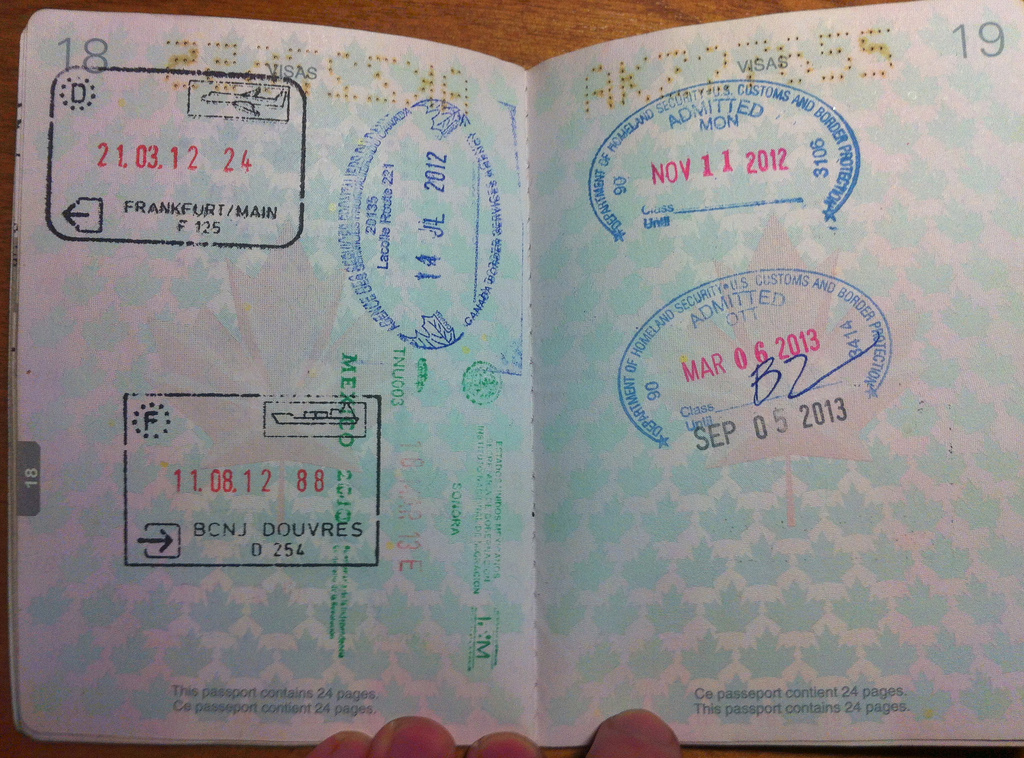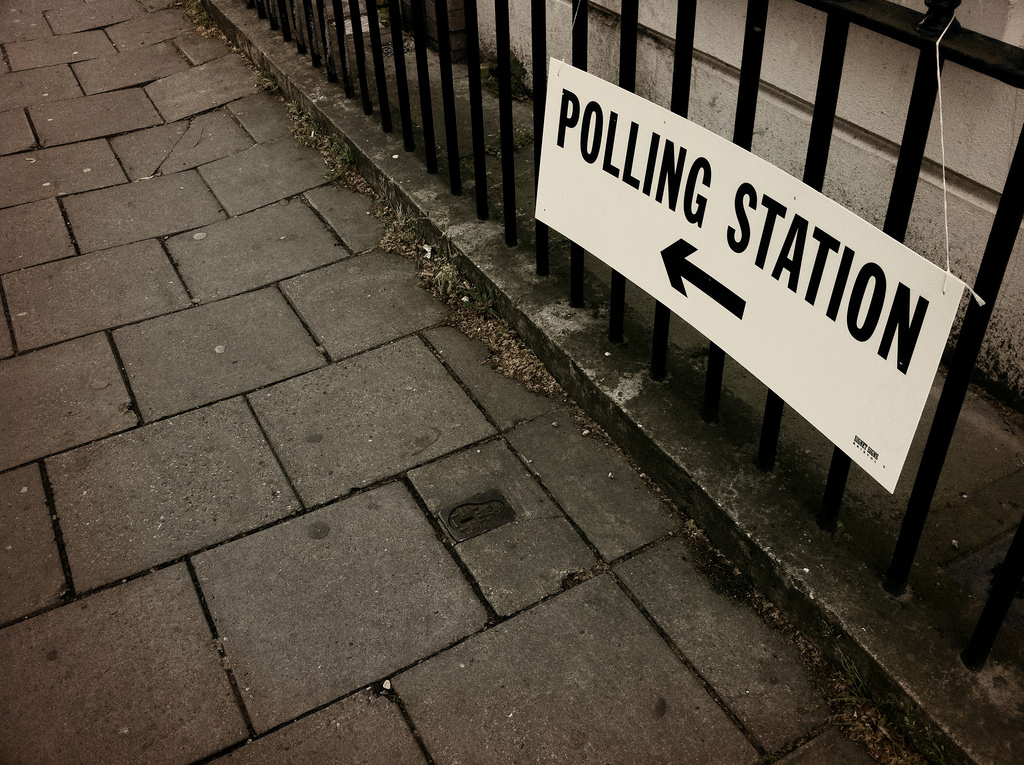Canadians may need visas to visit some European countries by the end of this year, due to a re-current row between Canada and the EU over visa-waiver reciprocity.
Currently, Canadians do not need visas to visit almost every country in Europe. On the other hand, Bulgaria and Romania do not enjoy visa-free access from Canada. An EU deadline (April 12) had passed for Canada to implement changes to provide Bulgaria and Romania with visa-free access.
The visa row does not include the UK and Ireland, which are not in the EU’s Schengen Area, the 26-country common border policy overseen by the EU. The current row between Canadian and European officials is at the EU level.
In 2013 the EU enacted a law to encourage uniform visa rules for EU member states. Under the 2013 law the European Commission, the EU’s executive arm, operates a mechanism to review visa waivers (reciprocity mechanism) and empowers the EU to temporarily suspend visa waivers to a non-EU country. Ultimately, the law allows the EU as a bloc to transfer Canada from the EU’s list of visa-waived countries to its list of visa-required countries.
Canada has stated, now and before, that its visa waivers are not based upon reciprocity and are based upon a review of a variety of factors.
Canadian and European officials have met to find ways to resolve the disagreement. In October 2015 the European Commission reported that Canadian officials have suggested Canada’s new Electronic Travel Authorisation (eTA) system can facilitate visa-free travel for a “significant number” of Bulgarian and Romanian citizens deemed “low-risk travellers.” The Commission recommended keeping watch of the full implementation of Canada’s eTA pending further reports by the reciprocity mechanism.
For now the Commission has invited member states and the European Parliament to reply to the Commission by July 12, 2016 on the most appropriate way forward in light of the potential economic, political, and administrative consequences of introducing a visa-waiver suspension.
Is the potential temporary suspension a bludgeon or a scalpel?
The potential disruption arising from a 26-country bloc-wide imposition of visa requirements on Canadians is disproportionate to Canada’s visa requirements for two countries.
The 2013 EU law penalizes a non-EU country for applying to an EU member state a requirement which most countries impose on each other. Internationally, the default position is to require pass-ports and visas to enter another country, unless waivers or other arrangements are in place.
The current row began when the EU (and the Schengen Area) expanded membership to include Bulgaria and Romania. Both before and after the expansion, Bulgaria and Romania did not enjoy visa waivers from Canada. Canada had minimal direct participation in the EU’s membership expansion and the lawmaking process which enacted the 2013 EU law.
The EU’s rapid expansion after 2003 outpaced the catch-up by the EU’s traditional partners, such as Canada. To penalize Canada now for not immediately extending visa waivers to new members of the EU would give too little weight to pre-existing partnerships between Canada and some of the EU’s long-standing members.
Seen in this light, the current visa row shows a need for regional blocs such as the EU to consult long-standing trade and strategic partners before finalizing decisions on membership expansion and legislation affecting external relations, in order to minimize the potential for non-reciprocity.
Credibility and flexibility
Having missed the April 12 deadline, the EU may choose to begin the process to suspend visa waivers for Canada.
But resorting to a bloc-wide temporary visa-waiver suspension may be the least constructive approach forward. In the preamble of the 2013 EU law, the European Parliament wrote down the pol-icy objective behind the reciprocity mechanism:
“Full visa reciprocity is an objective which the Union should pursue in a proactive manner in its relations with third countries, thus contributing to improving the credibility and consistency of the Union’s external policy.”
The EU’s pursuit of credibility and consistency does not mean a bloc-wide temporary visa-waiver suspension for Canada will be automatic.
EU member states will need to coordinate in enacting an implementing act. In the clauses outlining the process, the 2013 EU law provides flexibility in the timing and the categories of Canadians who may become subject to a temporary suspension.
Notably, the implementing act will set the date of suspension “taking into account the available re-sources in the consulates of [EU] Member States.” It does not rule out the possibility of a temporary suspension entering into force in phases, and in varying degrees of severity, by different EU member states according to their domestic procedural and resource constraints. For example, passports are checked at entry-exit points by each EU country’s police or immigration authorities, who are domestically funded and staffed.
Visa applications and fees, too, will require processing by consulates, though e-visas and e-payment may ease the burden. The main bottleneck will likely be at entry-exit points. Whether passports are checked in person or by machine, an increase in the number of visa-bearers will re-quire adaptations in the physical infrastructure at entry-exit points.
As events unfold in the current visa row, a more proportionate approach may be for the EU to allow some member states to show solidarity with Romania and Bulgaria by proceeding more quickly than others with the temporary suspension while complying with any implementing laws yet to be enacted.




